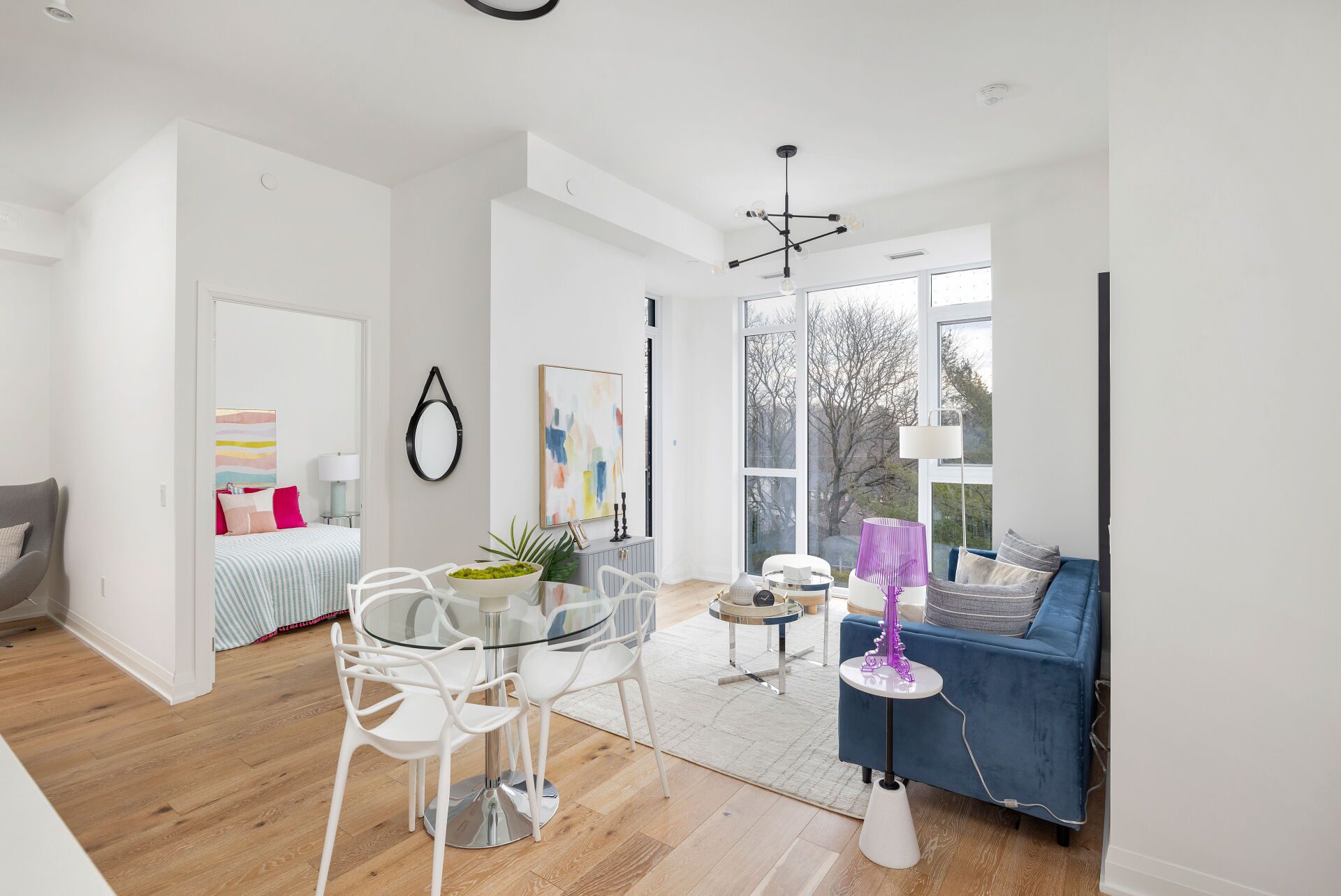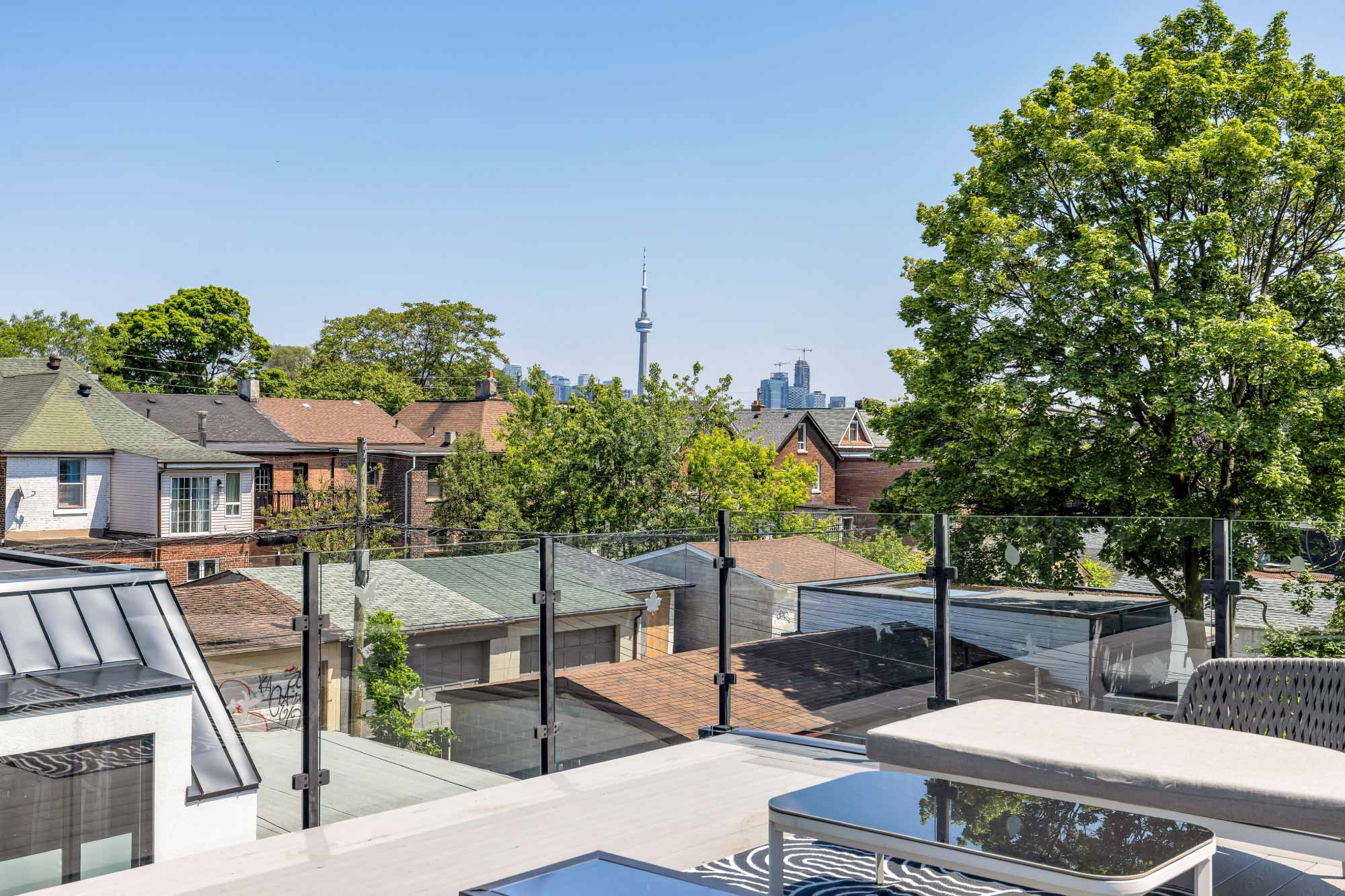Big changes are ahead for Toronto’s rental market, which is bringing up a lot of questions for many people living in the city. For example, is your landlord allowed to increase your rent? If so, how often and by how much?
If you own an investment property or are a tenant or plan to be, you’ll want to brush up on the new rental control guidelines. Here’s what you need to know.
Rent Controlled Vs Not Rent Controlled
As if rental costs in Toronto aren’t high enough, the last thing you want to hear is that the landlord can raise your rent even more. The ability to do so depends primarily on when your building was constructed.
- Under new Ontario legislation, all properties completed before November 15, 2018 are considered “rent controlled.”
- Anything newer than that is “not rent controlled.”
Landlords of rent controlled properties must still abide by the older guidelines where increases are capped at 2.5% per year. In addition, they must provide you with 90 days notice and cannot raise your rent more than once within a 12 month period.
What if your building is not rent controlled? Unless your written agreement says otherwise, your landlord can now raise the rent by any amount they want. However, they are still limited to one increase per year and must provide sufficient notice.
The provincial government introduced these new guidelines in the hopes that developers will find it more financially attractive to construct purpose-built rentals. It is a controversial move to try to bolster construction in a market where the demand for rental housing far outstrips the available supply. That said, Ontario still has the strictest rental controls in Canada.
Planning on investing in a Toronto condo? The posts below will help you make an informed choice:
What Does This Mean for Landlords and Tenants?
Since many of the buildings in Toronto were built before 2018, it is business as usual for most people. If you are the landlord who owns a newer unit, the ability to increase your rental income by whatever amount you deem necessary sounds like excellent news.
However, bear in mind that the market can only allow so much no matter how high the demand becomes. Raising the rent to an astronomical amount will do you no good if no one can afford to live there. As rental costs skyrocket, some people will begin searching for other options, even if it means moving out of the city.
When you’re already struggling with high costs, the thought of unregulated increases might be cause for anxiety, and for good reason. A clearly laid out contract will help protect you over the long term.
The Future of Affordability in Toronto’s Rental Market
The maximum of 2.5% increase might help to soothe a tenant’s worries about rent becoming unaffordable. However, that doesn’t necessarily protect you in all cases. For example, the property owner could apply to the LTB (Landlord and Tenant Board) to raise the rent by more than the current guidelines. If they have performed extensive renovations and improvements to the home, the board may grant their request.
These home improvements offer very little benefit if you’re already stretched to your limit.
In addition, your landlord might benefit if you leave the unit because they can now raise the rent by any amount in between tenants. This is another reason why it is critical to have a clearly laid out rental agreement and that you take the time to understand the terms.
Buying a home is one way to avoid the downsides of renting in Toronto. If you decide to pursue that path, the posts below will help you know what to expect:
- Everything You Need to Know About Land Transfer Taxes
- What Resources Are Available For First-Time Buyers In Toronto?
Is It Time to Get Out of the Rental Market?
With critically low supply and intense demand, Toronto’s rental market will likely favour landlords for the foreseeable future. If you’re tired of the uncertainty, it might be time to explore a different path.
Could it be time to consider buying a house or condo of your own? The barrier to buying is higher due to closing costs and the need for a down payment. That said, it can be an excellent step if you can make it happen. A surplus of condos and townhouses might make buying your first home more accessible than you realize.
Taking a roommate or buy a home with income potential, the rising costs of rent and fewer controls could even work in your favour. The first step is to talk to an experienced real estate agent who can outline your options.
Do you want to know more about the opportunities available in Toronto real estate? Our experts are ready to help with anything you need. Reach out to ana@asantos.ca or call 647.232.7317 to take the next step.

Meet The Team
See how our dynamic duo leads a smart strategy to help you sell your Toronto home for top dollar.







